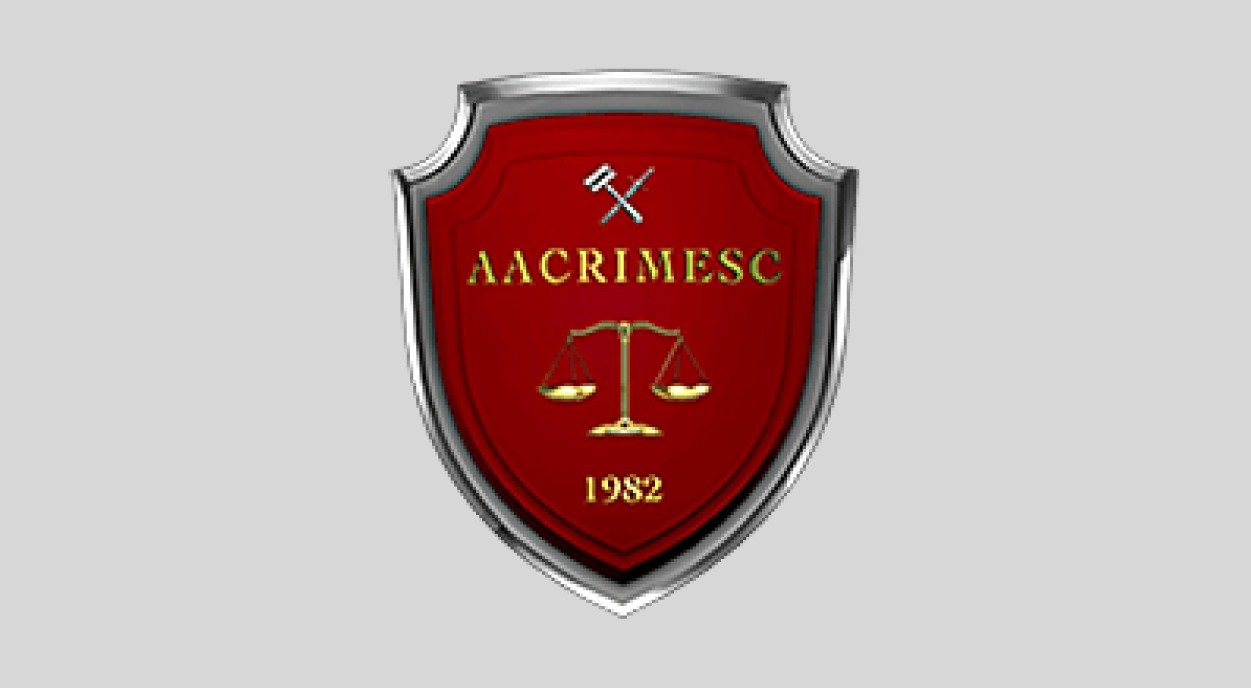Fictio Iuris
In the vast geopolitical stage of the Middle East, where history intertwines with religious narratives and political ambitions, the conflict between Israel and Iran emerges as a critical and continuous chapter. This tension, rooted in a complex web of interests, ideologies, and territorial disputes, has shaped the region's landscape for decades, leaving deep scars in its wake and challenging efforts for stability and lasting peace.
The historical background of this enmity dates back to the Islamic Revolution of 1979 in Iran, which dramatically transformed the country and set it on a path of ideological confrontation with the West, led by the United States and Israel. Since then, Israel has viewed the Islamic Republic as an existential threat, fueled by the anti-Israel rhetoric of Iranian leaders, their support for militant groups in the region, and their pursuit of nuclear capabilities.
The relationship between the two countries has been marked by episodes of direct and indirect confrontation. From Hezbollah's rocket attacks backed by Iran from Lebanon to attempts at cyber sabotage and selective assassinations, the rivalry has reached multiple fronts. For Israel, Iran's rise as a regional power with influence in Syria, Lebanon, Gaza, and Iraq represents a significant strategic threat, while Tehran sees Israeli support for its archrival, Saudi Arabia, and its alliance with the United States as a direct provocation.
The nuclear factor adds an even more dangerous dimension to this confrontation. Iran's determination to develop nuclear capabilities has raised alarms in Israel, which sees a nuclear Iran as an existential danger. Diplomatic efforts to contain Iran's nuclear program, such as the 2015 nuclear agreement, have been met with skepticism by Israel, which considers such agreements inadequate in addressing its long-term security concerns.
However, amidst the ups and downs of hostility, there are also moments of pragmatism. Tactical cooperation between Israel and some Sunni Arab states, driven by the shared perception of the Iranian threat, has shown that security interests can overcome historical divisions. This dynamic suggests that while the conflict between Israel and Iran is deeply rooted, it is not immutable.
To resolve this conflict, a multifaceted approach is required that addresses the security concerns of both parties while seeking opportunities for constructive diplomacy and regional cooperation. De-escalating bellicose rhetoric, promoting direct dialogue, and exploring pathways for demilitarization could pave the way for a more stable coexistence in the region. However, obstacles are abundant and solutions are elusive. The depth of mutual distrust, internal polarization in both countries, and the influence of external actors complicate any attempt at reconciliation. But the alternative to peace is a continuous cycle of confrontation, with the potential to trigger conflicts of catastrophic consequences.
Ultimately, the resolution of the conflict between Israel and Iran requires not only political courage and strategic vision but also a firm commitment to building a regional order based on security, stability, and mutual respect. Meanwhile, the sword dance between these two actors will remain a defining feature of the geopolitical landscape of the Middle East, with its cautious movements, swift thrusts, and menacing shadows cast over the region.
ChatG
Imagem Ilustrativa do Post: Capture 2017-04-06T13_56_54 // Foto de: blob rana // Sem alterações
Disponível em: https://www.flickr.com/photos/143045315@N03/33030523904
Licença de uso: http://creativecommons.org/licenses/by/4.0/legalcode





